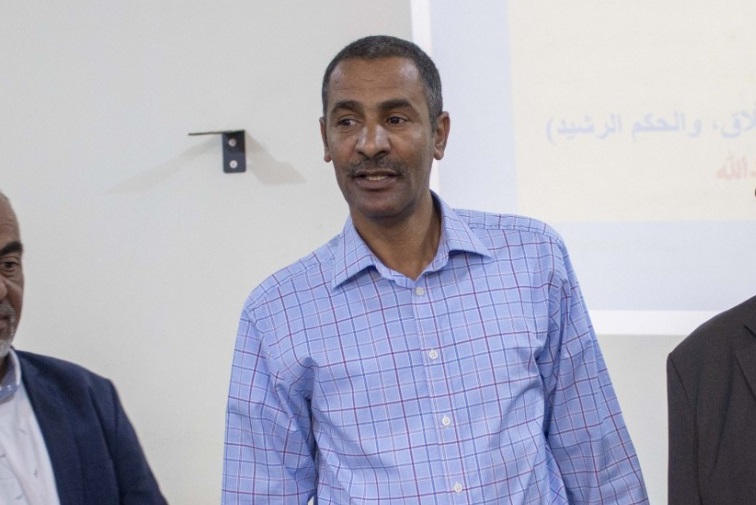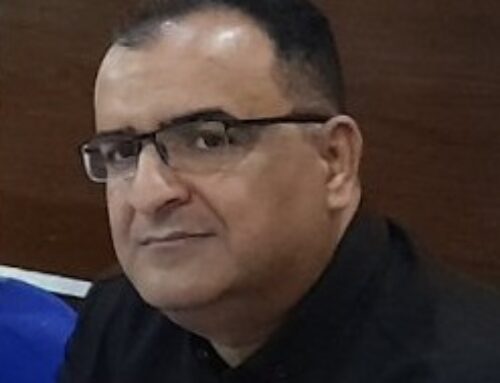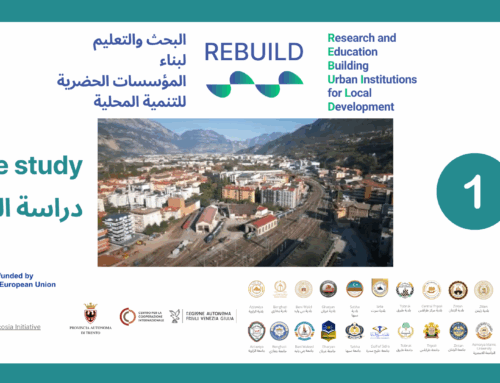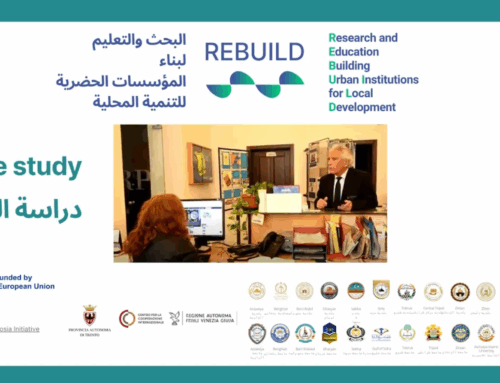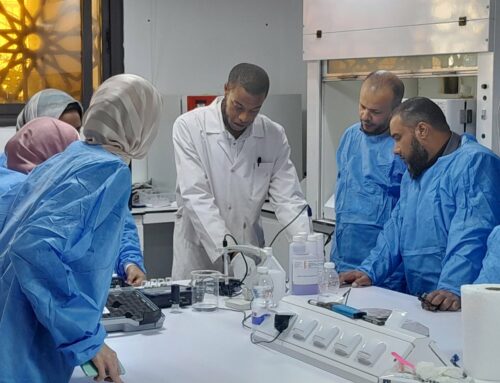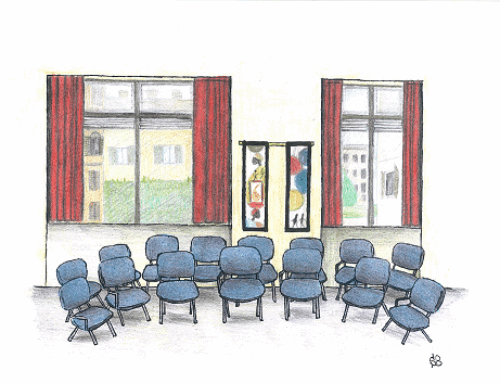A testimony from the Sebha Project Officer for the Technical Board
Thank you for giving us the opportunity to speak about the most important results achieved by the project.
First,
Allow me to begin by remembering our late colleague, Dr. Suleiman Shafaf, the project coordinator at Bani Walid University. May God have mercy on him. He was a great supporter of the project team. Thanks to his insightful vision and boundless dedication, he played a key role in shaping the project’s success. He was an active partner in this journey of development, sincerely contributing to overcoming challenges and building bridges of learning between the university and the municipality.
We also remember our late colleague, trainer Mr. Ibrahim Abdul Karim from the Gulf of Sidra University, who contributed to training the staff of Sirte Municipality.
We ask God to have mercy on them and to reward their efforts in the balance of their good deeds.
From my perspective, the REBUILD Capacity Building Project for Staff has achieved notable positive outcomes. It enhanced the skills and knowledge of both university trainers and municipal staff. The most important results can be summarized as follows:
1. Establishing effective partnerships between universities and municipalities
The project opened channels of communication and interaction, allowing universities — with their human resources and expertise in various fields — to support municipalities in achieving their vision and goals.
2. Formation of a core group of trainers
Each university formed a group of six trainers who can now implement training programs. These trainers also supported the Center for Municipal Development and Decentralization Support of the Ministry of Local Governance in delivering its training plan.
3. Developing technical and administrative skills of municipal staff
The training covered various areas, helping staff acquire new skills and better cope with daily challenges.
4. Ensuring the sustainability of the capacity building process
Through the sub-grant, resources were made available to create a training environment within universities. These efforts will be sustained by the universities to continue delivering training.
New training centers were established at the Universities of Gharyan, Sidra Gulf, and Zawiya, in addition to the existing Center for Training and Development at Sebha University and the training departments within the research and consultancy centers at other universities.
Universities can now offer training opportunities to municipal staff as part of their internal training plans.
For example, 50 free training opportunities were granted to staff from Sebha Municipality, to be implemented by the Training and Development Center at Sebha University. The first training course, on computer and internet skills, was completed with 8 participants.
5. Strengthening teamwork
The interactive activities and Training of Trainers (ToT) sessions helped build a strong team spirit and enhanced collaboration among university trainers, as well as between municipalities.
These results reflect the importance of investing in human capacity development, which contributes to achieving institutional goals more effectively.
Thank you all.
Peace be upon you.

